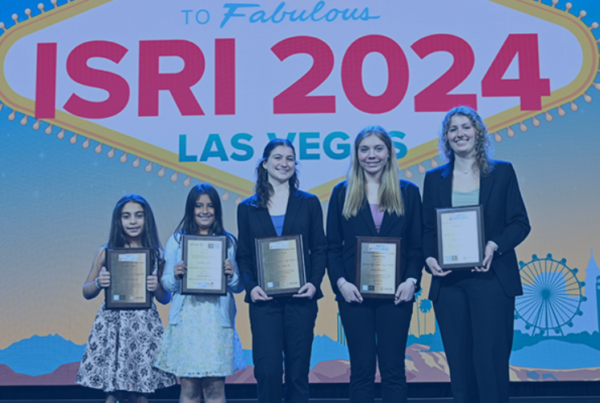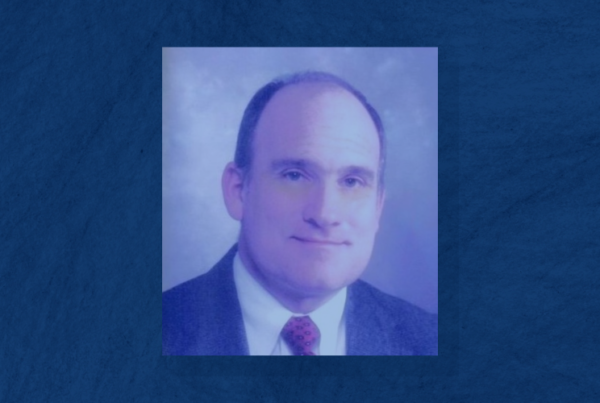If you’ve ever wondered what it takes to properly recycle a computer or a phone, you’ll have the chance to learn the ins and outs of the process this weekend. The Season 4 premiere of the television series Tomorrow’s World Today will feature ISRI member and IT asset disposition (ITAD) service provider Regency Technologies. The series introduces innovative pioneers around the world who are forming new ways to utilize natural and technological resources to create a more sustainable society.
During the episode, Regency President Jim Levine provides a tour of Regency’s Stow, Ohio facility for field reporter Darieth Chisolm, and introduces her to the ITAD and electronics recycling process. Levine shares how the company grew from a single electronics resale location into a national leader in the ITAD industry. Regency attributes much of its growth to its partnership with parent company Reserve Management Group (RMG). Leveraging the partnership, Regency developed additional ways to maximize the value of electronics by breaking down devices into their constituent recyclable commodities such as plastic, steel, and aluminum.
“When we initially partnered with Regency, we were confident they would fit into our mission of providing safe, responsible, and sustainable recycling solutions for our customers and the environment,” says RMG CEO Steve Joseph. “Regency leads the ITAD industry with innovative processes, systems, and equipment.”
For Levine, innovation isn’t so much about the technology that the company uses, but rather in the way it handles the recycling process. “Innovation, for us, is constantly tweaking our process and making sure it’s relevant based on a variety of factors such as economics, rules and regulations, and contractual obligations,” he says.
In addition to innovation and partnerships, Regency credits its growth to its commitment to sustainability, which has been important to the company since its inception.
“Recycling outdated and end-of-use electronics is important in global environmental sustainability,” Levine says. “We work with large national companies and organizations that replace a lot of equipment regularly. Instead of ending up in a landfill, we take those assets and find ways to repair and remarket them or break them down into commodities to be sold and used in the manufacture of new products. We innovate and find new ways to extend the life of every IT asset to avoid landfills and bring monetary value to unused items.”
Over the course of two days, Levine and Chisolm toured Regency’s facility, going over its approach to the ITAD process. They were joined by Steven Salloum, Regency’s VP of Operations, Samir Khoury, Regency’s VP of Tech Operations, and Anthony Magistrelli, Regency’s VP of Business Development. Magistrelli displayed some of the electronic items that Regency receives daily. Khoury provided insights into the tech centers where employees test, repair, and refurbish items bound for resale. Salloum walked Chisolm through the company’s recycling operations to show how Regency processes more than one million assets each year.
A lot goes into responsibly recycling electronics so that they avoid landfills and are ready for reuse and resale. Levine hopes that viewers gain appreciation for the process and the companies behind all the hard work.
“I hope that viewers can see that recycling and repurposing electronics, while it might not be a glamorous industry, it’s a really important industry,” he says. “Recycling is not a high-profile industry, but as companies become more aware of the industry and the importance of things such as sustainability and green initiatives, people need to have a realistic view of what it takes to recycle electronics. There are no magic unicorns that recycle these items. It takes a lot of hard work, innovation, and commitment.”
Season 4, Episode 1, “The Science Behind Electronics Recycling,” will air on the Science Channel on Saturday, July 24, at 8:30 a.m. EDT, and the Discovery Channel on Sunday, July 25, at 6:30 a.m. EDT.













